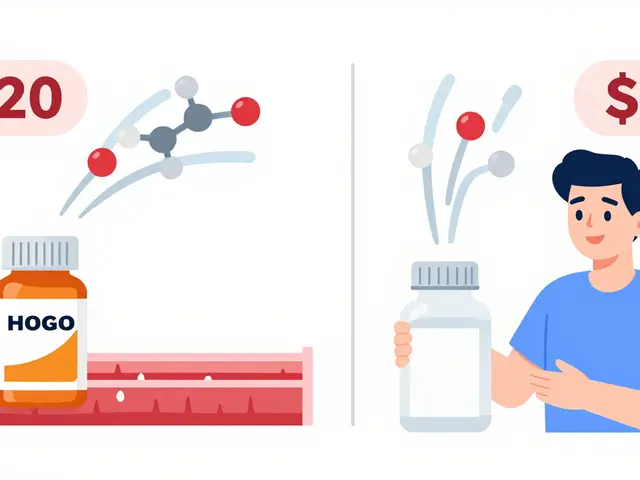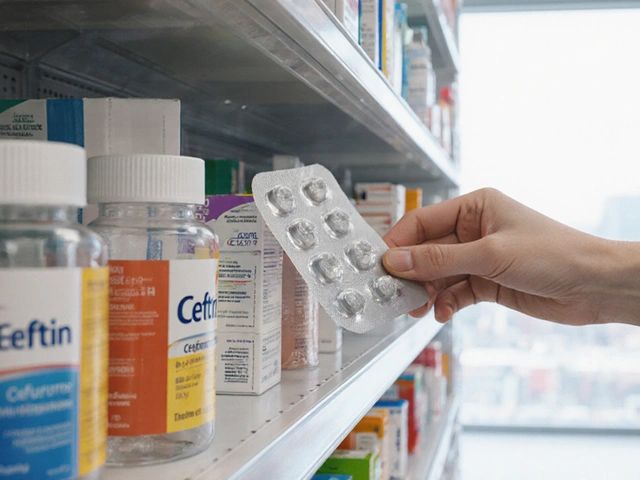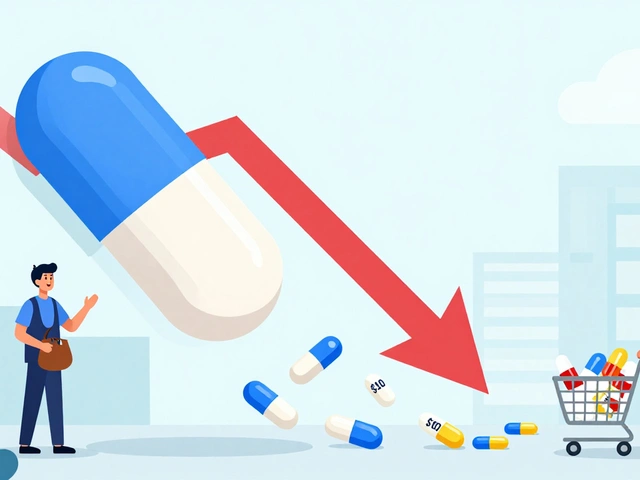Nitrate medications: Uses, risks, and safe use
Nitrate medications are common drugs used to treat chest pain and some heart conditions. They include nitroglycerin, isosorbide dinitrate, and isosorbide mononitrate. If you or someone you care for uses them, you need clear, practical advice on how they work and how to avoid harm.
How nitrates work and when they are used
Nitrates relax blood vessels, lower blood pressure, and reduce the heart’s workload. That easing of stress on the heart helps stop angina (chest pain). Short‑acting nitroglycerin gives fast relief during an attack. Long‑acting pills or patches help prevent repeated episodes. Doctors also use IV nitrates in hospitals for specific heart problems and during some procedures.
Common uses are treating stable and unstable angina and easing symptoms of heart failure. Nitrates are not a cure; they control symptoms. Your doctor will decide if a nitrate is right based on your heart tests, other medicines, and overall health.
How to use nitrates safely
Nitroglycerin comes in sublingual tablets, sprays, patches, ointments, and intravenous forms. Use sublingual tablets or spray for sudden chest pain: place under the tongue or spray once, wait two minutes, and repeat if pain continues as your provider instructed. If pain lasts after three doses, call emergency services.
Patches and long‑acting tablets prevent attacks. Use them exactly as prescribed. Many people need a nitrate‑free period each day to avoid tolerance; follow timing instructions closely. Store nitroglycerin away from heat and moisture. Check expiry dates because sublingual tablets lose strength once opened.
Watch for side effects like headache, lightheadedness, flushing, and low blood pressure. A headache often means the medicine is working on blood vessels. If you feel dizzy, sit or lie down. If you faint or have severe trouble breathing, get urgent care.
Do not mix nitrates with PDE5 inhibitors such as sildenafil (Viagra), tadalafil (Cialis), or vardenafil. That combination can cause a dangerous drop in blood pressure. Also avoid recreational drugs that affect circulation. Tell your doctor about all medicines, alcohol use, and supplements so they can check for interactions.
Other safety tips
Carry your fast‑acting nitroglycerin if you have angina and keep someone nearby who knows how to help in an emergency. Track how often you use rescue nitroglycerin; more frequent use means your treatment needs review. Older adults and people with low blood pressure or severe anemia may need different doses.
If chest pain becomes more frequent, rescue nitroglycerin stops working, or side effects worsen, contact your doctor right away. For more clear guides on heart meds, interactions, and safe buying tips, browse related articles on this site.
Quick checklist to carry: 1) a full supply of sublingual nitroglycerin not expired; 2) written action plan with when to take doses and emergency contacts; 3) list of all prescriptions and over-the-counter drugs; 4) information about allergies and recent procedures. Keep a copy on your phone and a paper one with your medication. Share this checklist with family members so they can act quickly if you have severe chest pain. Ask your pharmacist any questions.

Nitrate Medications Explained: What to Know About Long-Term Use and Heart Health
Nitrate medications are vital for many people dealing with heart problems, but long-term use comes with its own set of complications. This article goes in-depth about how these drugs work, what patients experience with continued use, and why staying monitored is key to safety. You'll learn about side effects, the science behind nitrate action, and expert tips for managing treatment. Whether you're a patient or a caregiver, there are practical insights and evidence-based advice throughout. The article also covers the need for regular doctor visits for anyone on nitrates long-term.
View More




